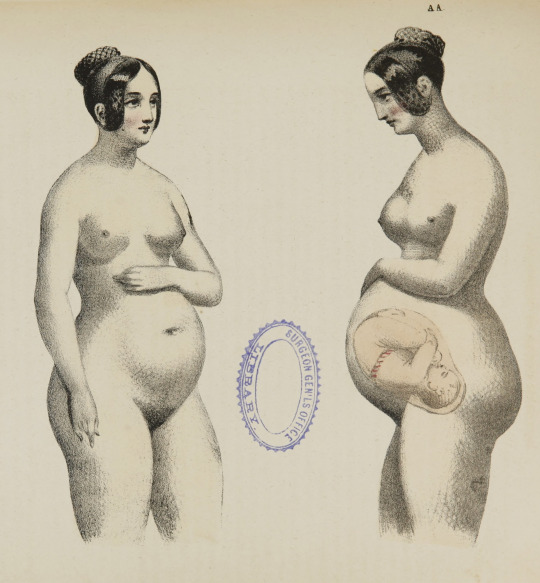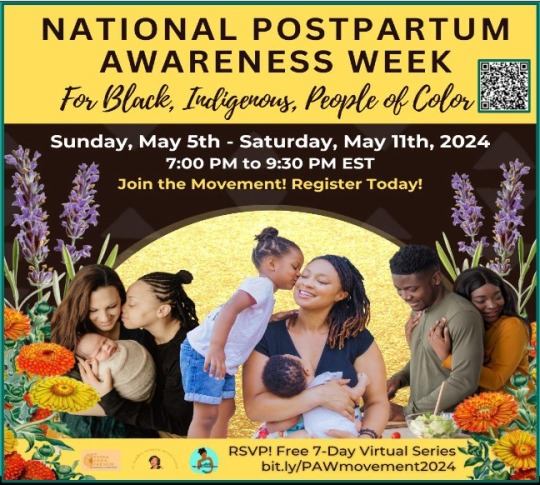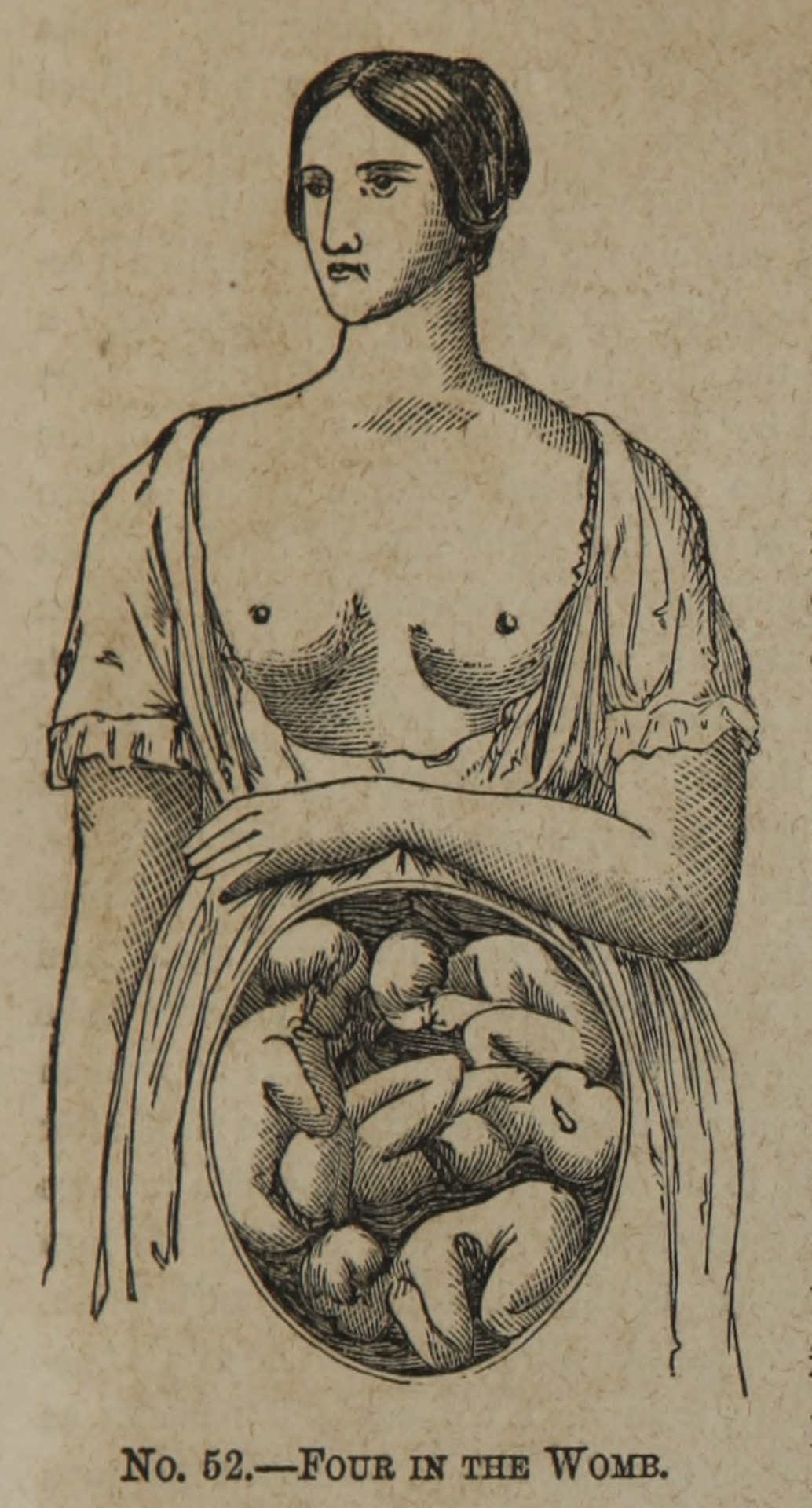#obgyn
Text
I didn’t even want to post this because the story was so horrific.
No, I mean, really, really fucking horrific. Be warned.
But it should get out there.
And her OBGYN is the biggest piece of shit on the planet.
469 notes
·
View notes
Text



112 notes
·
View notes
Text




Life lately : Enjoying OBGYN to the fullest
#studyblr#med life#medicine#studyspo#100 days of productivity#studygram#medical students#medecine university#med student#study motivation#obgyn#obgynlife#medical studyblr#study inspiration#study aesthetics#studywithme#studyblr community#studystudystudy#study hard#linastudyblrsblog
334 notes
·
View notes
Text
Advice to Med Students/Interns: How to Talk During a Pelvic Exam*
Say: This may be uncomfortable but it shouldn’t hurt. Please tell me if it hurts and I will stop.
Don’t say: this won’t hurt
Say: This is my hand touching your leg
Don’t say: these are my fingers down here
Say: now I’m going to insert the speculum
Don’t say: I’m putting it in/ sticking it in now
Say: you will hear a click as I open the speculum
Don’t say: that noise is me opening you up
Say: you may feel some cramping as I collect some cells from your cervix with this brush
Don’t say: now I’m gonna take a scraping of your cervix
Say: how are you doing? Are you okay?
Don’t say: everything feel good?
Say: Everything looks normal
Don’t say: everything looks great down here
Say: Now I’m going to remove the speculum
Don’t say: I’m backing out/pulling out now
*yes, the don’ts are things I’ve heard in exam rooms
Tl;dr: if you can make a “that’s what she/he said” joke out of it, don’t say it during a pelvic exam. Keep it totes profesh.
1K notes
·
View notes
Text




In the name of chaotic academic aesthetic.
I don’t think I’m capable of having an organized studying table for longer than the time I take to take a picture of it, but that’s alright; my brain thrives in chaos.
The quote is from the invisible life of addie larue. I started this book before my finals but stopped reading it because I didn’t want to associate such a lovely book with stressful time.
#med student#chaotic academic aesthetic#dark academia#med studyblr#medstudlife#studying#medical student#obgyn#pediatrics#clinical rotations#studyblr#studyspo#study session#study setup#study inspiration#study inspo#books#quotes#dark acadamia aesthetic#finals#chaos#chaotic academia#the invisible life of addie larue#reading#thoughts#end of semester#university#college#romanticizing life#inspiration
229 notes
·
View notes
Text

Late pregnancy. An improved system of midwifery. 1851.
Internet Archive
#women's health#pregnancy#section#fetus#female nudity#third trimester#obgyn#motherhood#nemfrog#1851#19th century
329 notes
·
View notes
Text
Dr. Carin Deluca : The Miracle Worker
Station19||Season 7||Episode 3|| part 10
#stefania spampinato#carina deluca#miranda bailey#station19#motherhood#obgyn#love is love#carina x maya#danielle x stefania#station 19
26 notes
·
View notes
Text


Focus timers are absolutely essential for studying at home. And so are to do lists.
- [x] Daily Movement 🏃♀️(15 mins)
- [x] 🩺 Anatomy & Physiology Class
- [x] Chapter 1 Video Lecture 🎥
- [x] ✍️Video Quiz 📑
- [x] 📖 Chapter 1 Connect Assignment
- [x] 🍳 Eat breakfast
#study motivation#studyspo#medstudyblr#study hard#study inspiration#study aesthetic#studying#nursing#nursing studyblr#nursing student#nursing school#physicians assistant#obgyn#productivity#student#notes
78 notes
·
View notes
Text
Okay biopsy over. Despite all the pain meds it was still so painful I cried, but the meds made me relax so it went faster and it was less painful than last time. So, I made it. Now I'm feeling woozy and headed home soon once they're sure I wont pass out. Thanks everyone for the support. I love to all.
It's so hard to type right while medicated but I'm trying for you guys.
22 notes
·
View notes
Text

hardcore pro lifer lawmakers trying to work out why so many obgyns are fleeing the red states and are scared to deal with pregnant women anymore:

You basically told those doctors they were in line for 25 years in jail or the death penalty if they tried to save the life of their patient who was miscarrying.
844 notes
·
View notes
Text



This group that I’m so proud to be a part of is called Speak, Move, Change and we curate two virtual series’ to address the crisis in reproductive health in the United States. As part of our collective work, Speak, Move, Change hosts virtual events during Black Maternal Health Week in April and we curate a week-long virtual series for an initiative that we launched in 2023 called the National Postpartum Awareness Week for BIPOC birthing people. The National Postpartum Awareness Week (PAW) was created by our collective and is designed to heighten awareness for stakeholders around the country so that comprehensive, equitable, trauma and culturally relevant care are provided to BIPOC mothers, birthing people, their babies and partners during the 4th Trimester. We believe that “postpartum is forever” and that everyone deserves to receive care that honors their humanity
13 notes
·
View notes
Text
9 notes
·
View notes
Text

Quadruplets. The people's medical lighthouse. 1856.
Internet Archive
#women's health#reproduction#multiple births#quadruplets#obgyn#the body#fetus#crowded room#pregnancy#pregnant#nemfrog#1856#19th century
385 notes
·
View notes
Text
#inquiring minds want to know#it's me I'm inquiring minds#word pronunciation#obgyn#if I missed the way you pronounce it in the options just reply with how you say it if you wanna join in!
30 notes
·
View notes
Text
Need an OBGYN? Good luck finding one easily in a red state!
In conservative states, care delays largely stem from the fallout of the Dobbs decision last summer when the supreme court revoked the constitutional right to abortion. Facing possible lawsuits for providing abortion care, OB-GYNs in Texas, Florida, Idaho and elsewhere are choosing to relocate to more liberal states, while medical students are opting for other fields entirely.
“Florida has become a place where it is unsustainable to be an OB-GYN,” said Stephanie Ros, a maternal fetal medicine specialist at the University of South Florida who, until recently, ran the school’s OB-GYN residency program.
For years, the program was among the nation’s top schools for abortion training, and was found on the prestigious Ryan list of the best family planning residency programs. But after the state banned most abortions after six weeks of pregnancy, the designation was revoked. Applicant numbers subsequently declined dramatically, as skilled candidates took their talents elsewhere.
Ron DeSantis with his extremist agenda is turning Florida into a women's healthcare desert. Sadly, the same is also true in other states with hardline Republican governors.
In a national survey, 60% of medical students said they were unlikely to apply for residency in a restrictive state.
“States with stringent abortion laws won’t align with my goals as a future OB-GYN,” said Rohini Kousalya Siva, president of the American Medical Student Association. “If young doctors want to … get the skills they need, then they have to go to states where they can access [abortion] training.”
Verda J Hicks, president of the American College of Obstetricians and Gynecologists, described the trend as cause for concern about the “next generation of OB-GYNs”.
Notably, fewer residents means fewer doctors on the floor. To remedy that vacuum, USF hired locum doctors, who Ros described as “the substitute teachers of the doctor world”. Still, routine care appointments at USF are significantly pushed back. In August, the earliest a new patient could book a prenatal visit was November.
“We have people who … don’t get their first ultrasound until 30 weeks, because they just can’t get in,” she said.
[ ... ]
When chronic diseases are not managed as well, the overall risk of any pregnancy goes up, explained Erika Werner, chair of obstetrics and gynecology at Tufts medical center in Boston. “If you don’t have your first visit until 14 weeks, you don’t have the same access to prenatal testing. You may not have an early ultrasound that reveals a major structural problem,” she said.
It's ironic that Republicans are eager to turn women into baby making machines but are making it impossible to get proper prenatal care.
Women seeking reproductive care are heading to blue states and are putting a strain on services there.
Even parts of the country without abortion bans are struggling to keep up with care needs. Christina Han, the director of maternal fetal medicine at UCLA in California, pointed to the influx of out-of-state patients seeking abortion care and how it stretches the workforce thin.
Han specializes in complex procedures like multifetal reduction – an operation that must be completed early in pregnancy. That time crunch means that if a patient travels to LA for urgent reproductive care, which Han says is happening with increased frequency, the hospital has to defer local patients’ scheduled operations, including terminations, that are not as time sensitive.
“We have to tell our patient who is struggling with a miscarriage … that we just can’t get them in. And that is an emotional, physical burden for these patients,” said Han.
Werner, who also chairs the Society for Maternal Fetal Medicine’s health policy and advocacy committee, explained that this displacement effect is especially pronounced in states that directly border those with restrictive policies, and are now receiving the lion’s share of out-of-state patients.
In Pennsylvania, which borders West Virginia, Stolfer remembers thinking about women in other states as she awaited care for her miscarriage. “It was one way that I was trying to make peace with how long it was taking,” she said.
Being an OBGYN was stressful even before the Republican SCOTUS decision in Dobbs v. Jackson Women's Health Organization.
For years, studies have predicted that population rise paired with an ageing workforce would lead to gaps in women’s healthcare. Ruth Crystal of Stanford University also points to the high risk for medical malpractice litigation and demands for long and irregular hours as factors that steer people away from the field.
“OB care is a 24-hour-a-day job,” she said. “Babies don’t come only between banking hours.”
So Republicans have made an already difficult job nearly impossible in some areas. As a result, maternal mortality rates are growing in the African-American community.
Nationwide, 36% of counties are maternity care deserts, meaning they lack any obstetric care facilities or providers, explains Amanda Williams, clinical innovations adviser at Stanford University’s California Quality of Care Collaborative. The affected populations are also disproportionately people of color, people with lower incomes and people in rural areas – groups that already face care inequities.
In the US, Black women are experiencing soaring maternal mortality rates.
“All of these things compound for poor maternal health outcomes,” said Williams. “When patients give birth in these maternity deserts, they have higher rates of preterm births and maternal deaths.”
[ ... ]
Werner believes the most critical fix is abolishing restrictive abortion laws and creating “parity across all states”.
“It’s only when it comes to OB-GYN care that what you can get in one state is different than what you can get in another,” she said. “That just forever means that we’re going to have unequal care in different states.”
#dobbs v. jackson women's health organization#obgyn#shortage of obgyns in red states#women's healthcare#abortion#florida#republicans#the gop#the republican scotus#a woman's right to choose#the sanctity of reproductive freedom
24 notes
·
View notes
